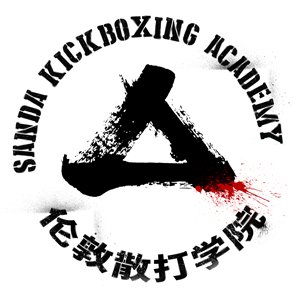TAILORING YOUR MARTIAL ARTS TRAINING TO ACHIEVE YOUR GOALS
UNDERSTANDING YOUR MARTIAL ARTS JOURNEY
Every individual embarks on their martial arts journey with a distinct set of goals in mind. These objectives can range from learning a new skill (such as kicking pads and how to throw a punch), attaining physical fitness, or even pursuing a competitive career in martial arts.
However, it's crucial to acknowledge that these goals may evolve over time as one becomes more acquainted with their chosen martial art and as life circumstances change. The key to martial arts success lies in adapting your training approach to align with your current goals and aspirations. In this article, we will provide with some principles to help your martial arts training to optimize your progress and achieve your desired outcomes.
THE IMPORTANCE OF GOAL-ORIENTED TRAINING
One of the fundamental principles in martial arts training is aligning your practice with your objectives. By doing so, you can significantly reduce the trial-and-error phase often associated with learning martial arts. For instance, if your primary aim is self-defense, your training focus should emphasise practical techniques, situational awareness, and defensive strategies.
On the other hand, if your goal centres around competing in martial arts tournaments, your training regimen should prioritize sparring, conditioning, and mastering sport-specific techniques. Recognizing and prioritizing your goals not only streamlines your progress but also keeps you motivated and engaged throughout your martial arts journey.
BASIC PRINCIPLES FOR GOAL-DRIVEN TRAINING
To effectively tailor your martial arts training, consider these basic principles:
Define Your Goals: Clearly articulate your martial arts objectives, whether they involve self-defense, fitness, competition, or personal growth. Having a well-defined goal provides direction and purpose to your training.
Consult with your coaches: Seek guidance from experienced martial arts coaches who can help you create a customized training plan tailored to your goals.
Consistency and Patience: Consistency in training is key to progress. Understand that achieving your goals may take time, and patience is essential for long-term success.
Periodic Evaluation: Periodically assess your progress and make necessary adjustments to your training plan. This ensures that you stay on track and adapt to changes in your martial arts journey.
Holistic Approach: Balance different aspects of training, including technique, strength and conditioning, flexibility, and mental resilience, to achieve a well-rounded skill set that aligns with your goals.
HOW STRESS CAN AFFECT YOUR JOURNEY
This is something in our opinion that is often misunderstood in not just the martial arts community, but also the fitness community, exercise causes stress. Let me explain; the basic principle of any form of exercise is to put a stress on your body so that it can make physiological changes and adapt i.e. get fitter, stronger, faster, more coordinated.
It is important to note however that your body does not differentiate between different types of stress and your body also needs time to recover to make the adaptations. This means that if other stresses increase in your life it will, very likely, have an effect on the progression of you gaol and must therefore be taken into account.
IN CONCLUSION
In conclusion, your martial arts journey should reflect your aspirations and objectives. By understanding the importance of goal-oriented training and applying these basic principles, you can maximize your progress and achieve the outcomes you desire in your martial arts practice. Remember that your goals may evolve and lifestyle changes may affect your stress levels, so it's essential to regularly reassess and adapt your training to stay on the path toward success.

